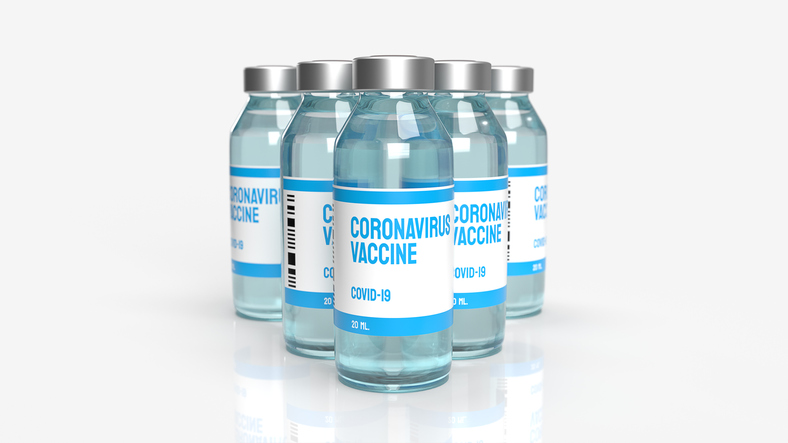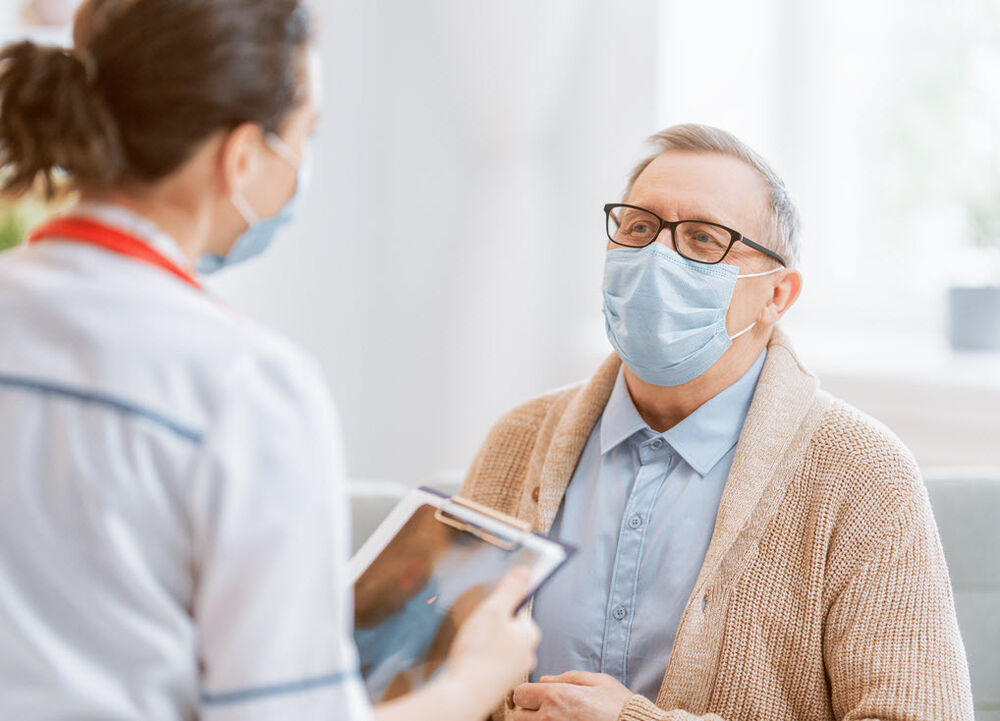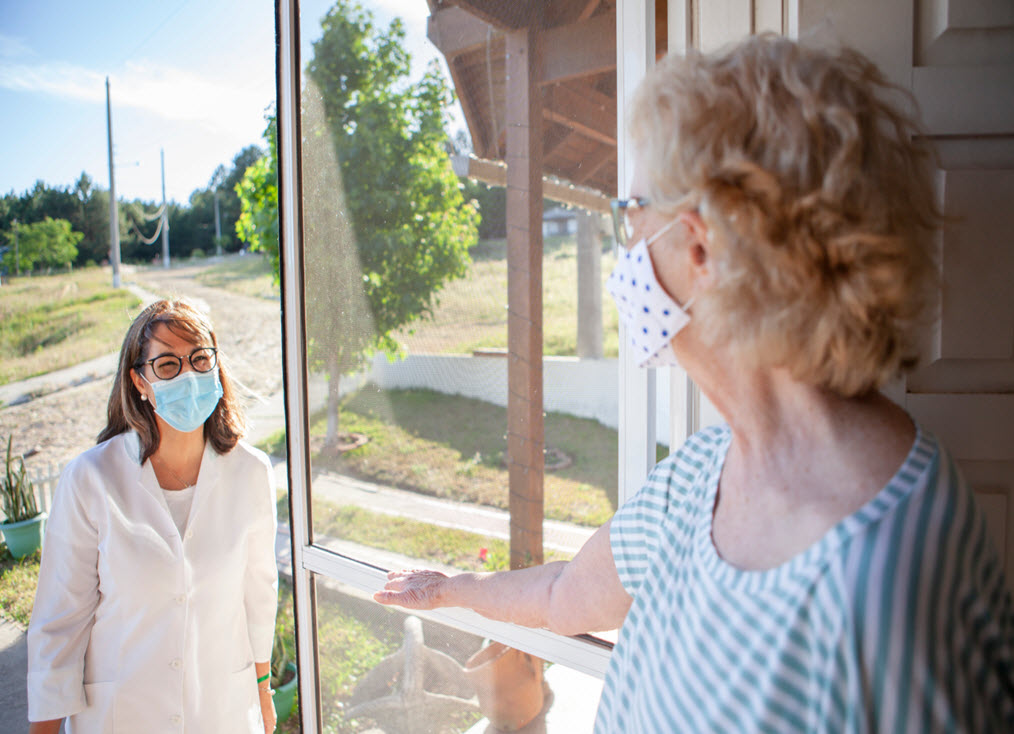The Smidt Heart Institute, Home of the Nation’s No. 1 Adult Heart Transplant Program, Uses Transmedics Organ Care System (OCS) to Grow Geographic Area of Service, Enabling More Lifesaving Organ Transplants
Dominic Emerson, MD, and Pedro Catarino, MD, both transplant surgeons with the Smidt Heart Institute, know how to be spontaneous. At any given moment, they can get the call that a donor heart or lungs are available, requiring them to quickly board a private aircraft to procure the vital organs.
Until recently, those flights were quick jaunts lasting no more than four hours—the time a donor heart can survive on ice. Now that is all changing, thanks to a medical device called the OCS Heart, or “Heart in a Box,” which enables transplant surgeons to travel to much farther destinations to procure lifesaving organs by acting as a miniature intensive care unit that keeps the heart alive.
“Cedars-Sinai has the biggest adult heart transplant program in the world and takes on some of the most complex surgical cases,” said Emerson, associate surgical director of heart transplant and mechanical circulatory support and surgical co-director of the Cardiac Surgery Intensive Care Unit at Cedars-Sinai. “The Heart in a Box technology is helping break down a major barrier of transplantation, ultimately offering many patients a second chance at life.”
Read more, here.








